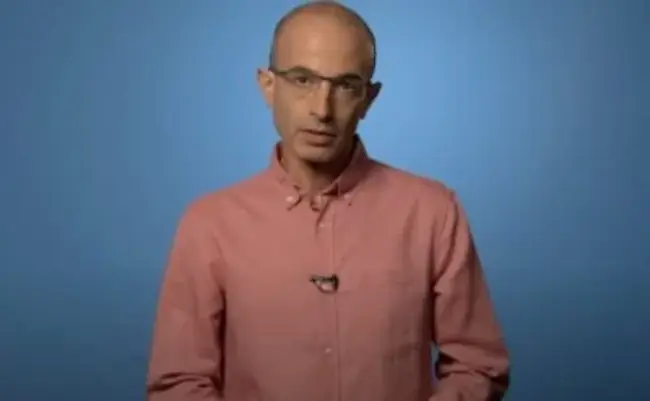September 8, 2022
All Global Research articles can be read in 51 languages by activating the “Translate Website” drop down menu on the top banner of our home page (Desktop version).
To receive Global Research’s Daily Newsletter (selected articles), click here.
Follow us on Instagram and Twitter and subscribe to our Telegram Channel. Feel free to repost and share widely Global Research articles.
***
Top World Economic Forum (WEF) adviser Yuval Noah Harari recently declared that the world does not “need the vast majority” of the current population due to technological advances.
Harari made the bold declaration in an interview with Chris Anderson, head of the popular TED media group, echoing past predictions of a “useless class” of “unemployable” humans.
Harai suggested that, in a departure from the 20th century, when the “big heroes” of political systems’ prevailing narratives were always “the common people,” now in the 21st century, people “are no longer part of the story of the future.” Instead, according to Harari, they have been replaced by artificial intelligence (AI) and displaced by a high-tech economy.
The author and lecturer presented to Anderson the “hypothesis” that anxiety about being displaced in the future economy by AI and a highly educated “tech” class is partly at the root of the world’s “disillusionment and backlash against the liberal order.”
“Part of what might be going [on] is people realize — and they’re correct in thinking that, ‘The future doesn’t need me. … Maybe if they are nice, they will throw some crumbs my way, like universal basic income.’ But it’s much worse psychologically to feel that you are useless than to feel that you are exploited,” Harari said.
“Now, fast forward to the early 21st century when we just don’t need the vast majority of the population,” Harari continued, “because the future is about developing more and more sophisticated technology, like artificial intelligence [and] bioengineering.”
Harari added that “these technologies increasingly will make redundant” “whatever people are still doing which is useful,” and will thus “make it possible to replace the people.”
Read More HERE


